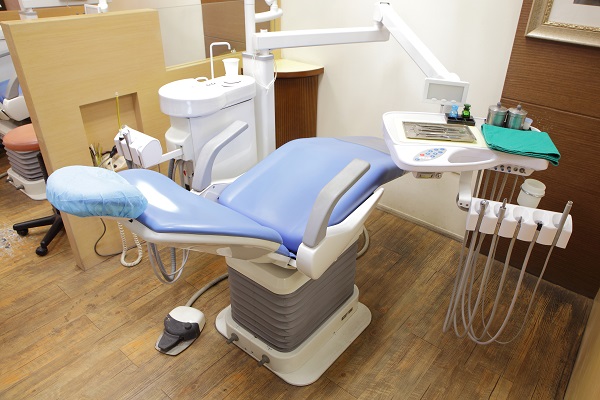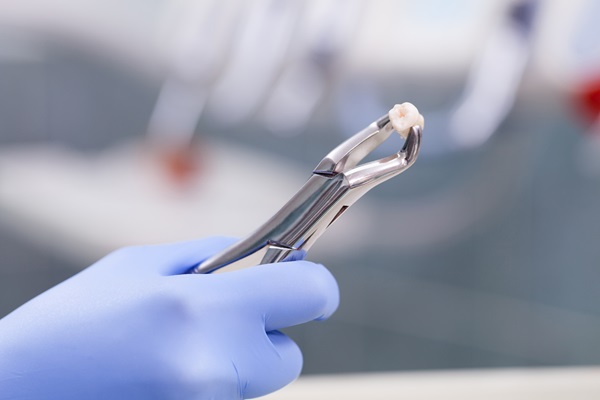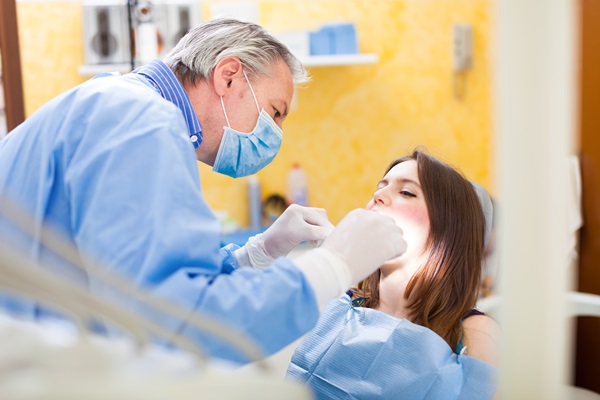Common Oral Surgery Procedures by a Dental Surgeon

Oral surgery, sometimes called maxillofacial surgery, refers to treatments performed by a dental surgeon on the soft tissues of the oral cavity, the jaw or the face. In most situations, the dental expert must go beyond the surface of the gums to treat the origin of the problem.
No one enjoys the thought of surgical procedures, but many conditions may necessitate having a procedure. If your dentist recommends any type of oral surgery, you should inquire to get enough information about the procedure. This article focuses on the common oral surgery procedures by a dental surgeon and what to expect when you visit the dental office.
Common oral surgery procedures
Impacted wisdom teeth
The last set of teeth to erupt are the third molars. These teeth may develop without bringing any trouble to the patients. But in most cases, these teeth may not erupt fully, or they erupt poorly and misaligned. This causes impaction in the gums and jawbone and has negative impacts on the well-being of the teeth nearby. To correct the situation, the erring tooth or teeth have to be removed by the dental surgeon.
Dental implant
If you lose one or more teeth, the dental surgeon may recommend using dental implants to replace them. This entails inserting titanium posts into the jawbone surgically, which will integrate into the bone and gum tissues with time. This will serve as a firm foundation to hold a surreal-looking prosthetic tooth (called a crown).
Dental implants are perfect for people with missing teeth seeking a lasting solution. The procedure may entail making incisions in the jawbone to accommodate the implant. If the bone is not full enough to hold the implant, bone graft surgery may be done before placing the implants. The grafting procedure will enable the bone tissue to hold the implants.
Sleep apnea
When regular, non-invasive treatments fail to help patients dealing with sleep apnea, the dental surgeon may need to extract excess tissues from the throat to lessen the symptoms remarkably.
Jaw Surgery
Misalignment of the jaw may impair facial appearance and cause poor jaw function. Surgery is usually vital to fix this issue and restore normal jaw functions.
Reconstructive surgery
Facial injuries and knocked-out teeth can cause serious difficulties with performing even the basic daily tasks, such as eating. This procedure helps to restore lost or injured teeth, repair damages to the jawbone and gum and fix jaw joint issues.
Biopsies
If there is a lesion in the mouth that appears suspicious, a biopsy may be required to examine the mouth for oral cancer. The dental surgeon will remove a fragment of mouth tissues and forward it to the laboratory for examination.
What you can expect from the procedure
Like every other surgical procedure, you will need time to recover. If the dental expert administered anesthesia for the procedure, you will not be fit to drive. This means you should probably have someone drive you home because you will feel stressed and dazed. The dental surgeon may prescribe painkillers to help with post-procedure pain. If there are precautions to take, the dental surgeon will give you a detailed guide informing you what to do.
Request an appointment here: https://brighton.drjstearns.com or call Platte Valley Oral Surgery at (303) 997-0223 for an appointment in our Brighton office.
Check out what others are saying about our dental services on Yelp: Oral Surgery in Brighton, CO.
Recent Posts
You might have heard the term “wisdom tooth extraction” often. However, you might not know that every type of extraction does not require surgery. Some kinds only require a simple procedure. Keep reading to find out more about what a wisdom tooth extraction from an oral surgeon involves.In many cases, the wisdom teeth can be…
Corrective jaw surgery (also called orthognathic surgery) is performed by an oral surgeon to correct different forms of skeletal and dental issues, including jaw and teeth misalignment. The aim is to improve oral functions such as breathing, speaking, and eating. Although the surgery may improve the appearance of the patient's teeth significantly, corrective jaw surgery…
If you are experiencing symptoms like jaw pain and stiffness, TMJ disorder might be the problem. This disorder can have a significant impact on your physical and mental health. The condition generally worsens without treatment. A TMJ specialist is a trained and experienced professional who offers treatment for TMJ disorders. Continue reading to find out…
Bone grafting is a minor surgical treatment done under local anesthetic to replace depleted bone tissue. The grafting material may be inserted into a tooth socket just after a tooth is removed or at a location where a tooth has been absent for an extended period. Over the next few months, your body will produce…


